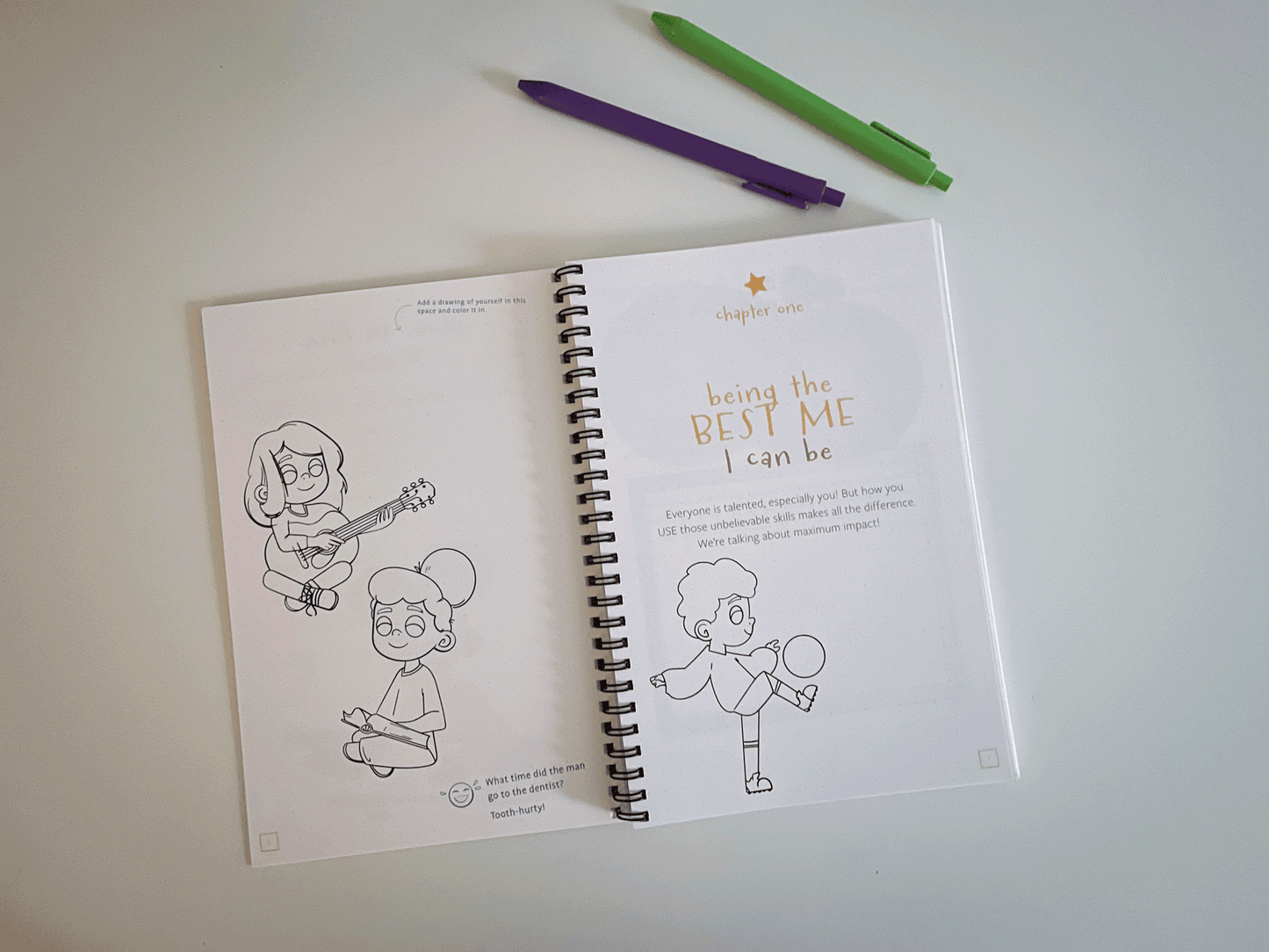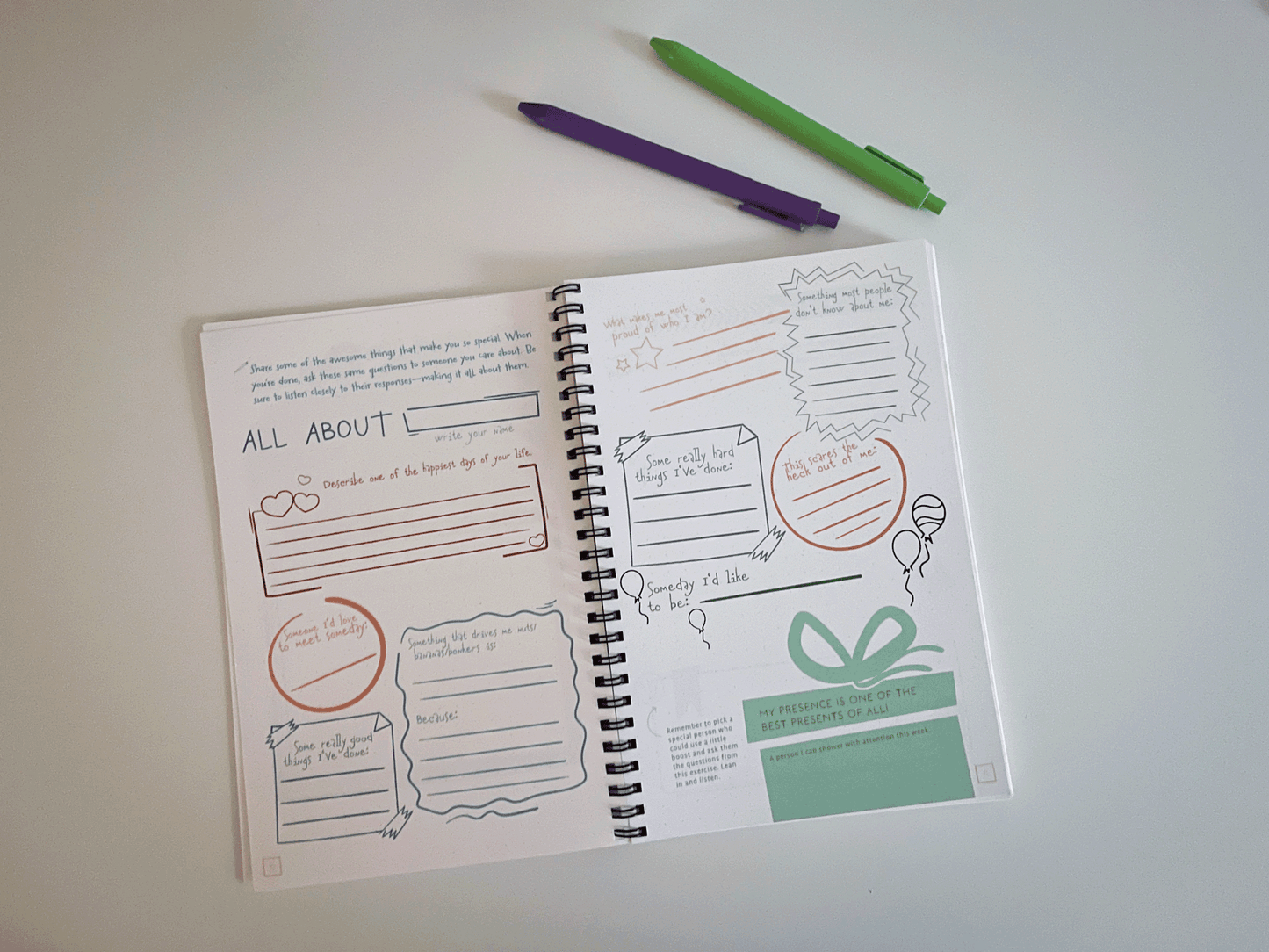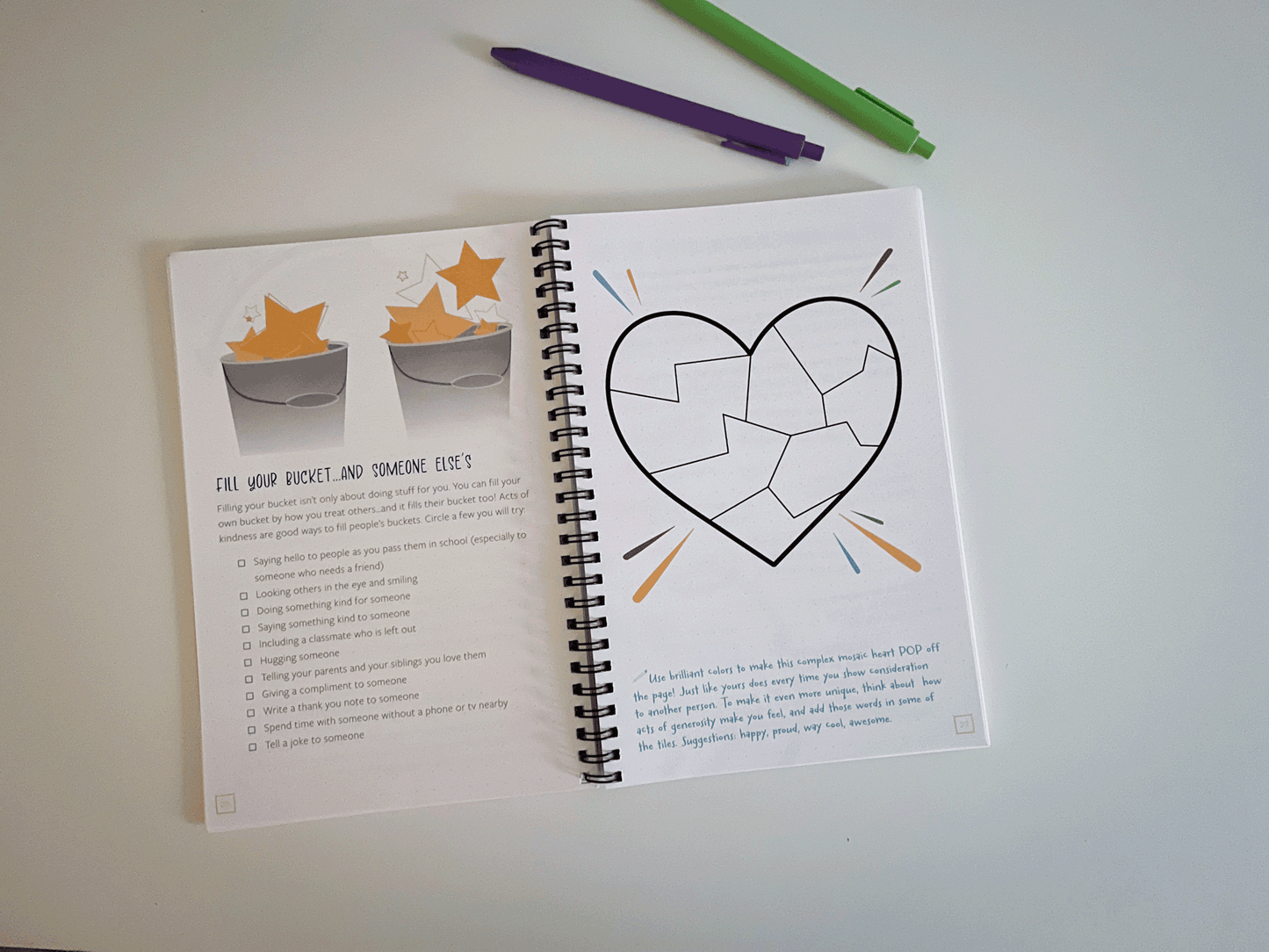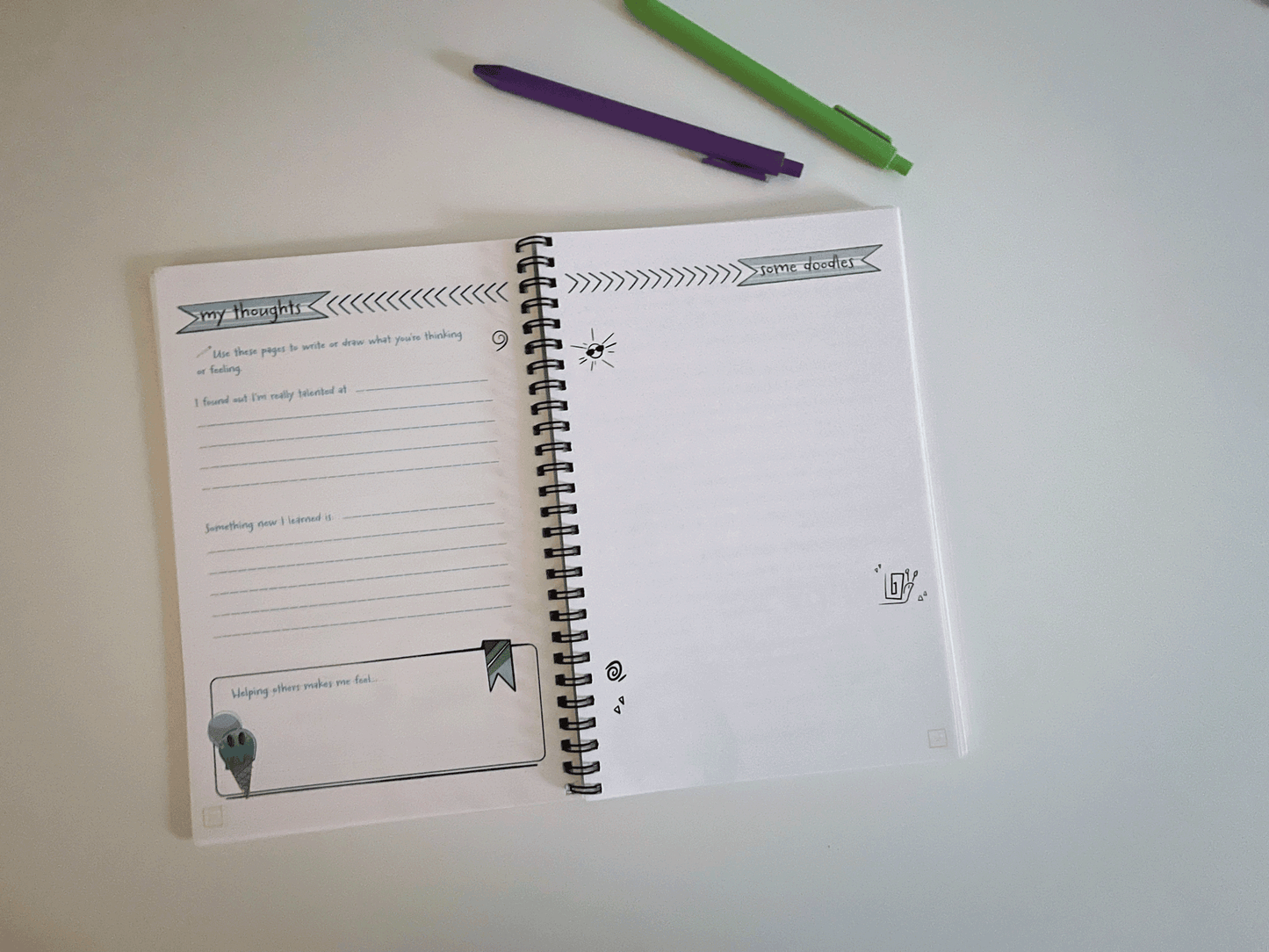Taking Time for Marriage
Guest Author
Marriage isn’t easy.
The idea of marriage is beautiful. It’s romantic, and sweet, and loving, and so appealing that most of us eventually find ourselves in it.
And then reality hits, and we discover that marriage is actually a lot of hard work.
And why shouldn’t it be, really?
Two different people are coming together to live in one space—sharing everything from a bed to a bathroom sink to a couch to a table—and pledging to work together as a team basically forever on basically everything that affects their life together. That’s a lot.
And then most of us throw kids in the mix, and things become even more complicated.
Days become hectic—a mad dash to get everything accomplished, while still spending time with the kids. Nap times become a coveted, and much-needed, break to yourself. Evenings become family time. And nights become our only time to reconnect.
At the end of a long day, it becomes increasingly difficult to talk about those bigger, deeper issues that need to be said. We only have such fleeting (exhausted) time together, so why would we waste it with angry tones or complicated questions?
But in order for a healthy marriage and partnership to flourish, those things need to come out.
It can be hard to broach those subjects, hard to make that time—trust me, I know—so here are some of the most important ways you can open communication between you and your spouse:
1. Carve out the time to talk to one another.
It seems obvious, but this is can actually be the hardest part. Create the expectation that you will talk, whether it’s every day or twice a week—whatever works best for your schedules and your marriage. No matter what, make communication a priority.
2. Get rid of distractions.
Turn off the TV, put down the phones, distract the kids (if you can’t find time alone), and just talk.
3. Start small.
Sometimes it’s too intimidating to start off a conversation heavy, so don’t feel that you have to jump right into issues and big topics, just because it’s time to talk. Sharing personal stories and laughter is important for a relationship too! (And a great ice-breaker.)
4. Use “I know, but” statements.
This is one of my favorite secrets. When you’re getting down to the nitty-gritty and use the “I know, but” structure, you can show your spouse that you see where they’re coming from, or even where you’ve gone wrong, before delving into what you need changed or discussed. For example, you could say, “hey, I know I’ve been really short-tempered this week, but I’ve been really stressed out. Could you help me work out this problem I’m having?”
5. Say you’re sorry, if you need to.
Sometimes people get it in their minds that arguments are something to be won. “Well, she hurt me first, so she needs to apologize first!” But the truth of the matter is, that the harder we hold out on apologies, the more we’re working against resolution, and that really doesn’t benefit anyone. Don’t get me wrong, sometimes after an argument or misunderstanding, we need time to sort things out or to cool down, but once we’ve had some space, it’s important to take that step towards working together again.
Be honest. Be open. Be brave. It can be hard to bare your soul to someone—even if you have chosen to be partners in life—but the only way to build trust and a strong foundation is to work on it. Every day.
Marriage isn’t easy. But it can be so beautiful when it’s nurtured.
















